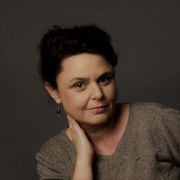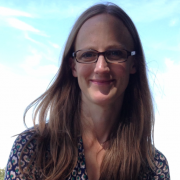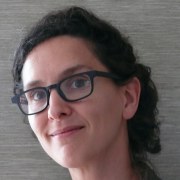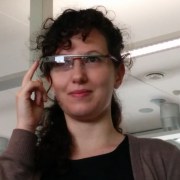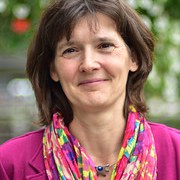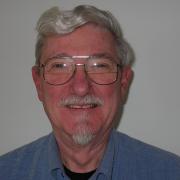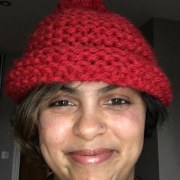Universities and science centres: speed dating
Collaborations between science centres and universities can provide effective routes to success, as well as rewarding experiences for both sides. But where to start? What to aim for? How to build the necessary bridges? Answers to these questions often depend on individual factors, such as local opportunities, existing connections, or specific aims. In addition, there is never only one right answer on how to build successful collaborations.
During our speed dating session, you will receive fast expert answers to your most pressing questions around collaborations between science centres and universities. After a brief introduction, you will get some time to formulate your questions. You will then meet with 10 different speakers in a speed dating format, each of them giving targeted individual responses to your query. The session will end with a brief collective Q&A to review some of the most interesting topics raised or answers given.
Facilitator
Head of Communication Office
Session speakers
Head of Global Health Group and Community Engagement
Queen Mary University of London
I have worked both in science as well as in science communication; and I have always been keen to build bridges between both communities. I am currently project managing several science studies, which use science communication methods to improve research, e.g. through gamification aimed at behavioural change. I am looking forward to giving speedy advice about how to liaise, translate, and negotiate between both communities.
Freelance - co-creation practices and projects
Whatever involves collaboration with a diversity of stakeholders, Malvina Artheau jumps in. And if it’s about involving the audience itself, it’s even better. But what happens when you get social scientists, science communicators, young (and less young) citizen to co-create a game to talk about energetic transition? What kind of transition does it trigger within the mindset of citizen, science center staff, scientists and their relationship to one another ? What are the ingredients to make it happen? Why not explore those questions together in... 5minutes !
Daniela is the creative director of Echo Games, a social enterprise that develops interactive experiences with socio-cultural purpose together with higher education students. Echo Games collaborate in particular with heritage organisations, helping them to develop a digital strategy and to communicate with a wider public.
She will bring her experience supervising and training higher education students. Working with Echo Games, students gain essential skills and experience in game design and development and a chance to apply skills learned during their studies to professional applications.
Research Engagement Manager
Iain has extensive experience of the UK higher education sector, providing support for research impact and dissemination. He has worked with researchers on collaborations with science centres and cultural institutions, and can provide insights into the needs, opportunities, priorities and difficulties such collaborations entail from the point of view of university researchers and research managers.
Lecturer in science communication
My contribution to the session will have a focus on student interns. For nearly 10 years now I organize and facilitate student projects in museum and science centre settings for our students and find this a very effective and rewarding way of developing university – science center collaborations. I am more than happy to share my expertise and knowledge with you.
Richards Bay
South Africa
I have run a Science Centre located in a University for the past 28 years. As such I engage with the university constantly and have much experience to share about placing a SC within a university context, and serving the university ito marketing, recruitment and community engagement priorities. In addition I have had a group of student interns working in the SC every year for the past 10 years.
Informal Learning Experiences
...Early in my career I had a joint appointment as a museum curator and a university professor. Now, as a consultant, I work with museums that are part of universities, yet don’t take advantage of that resource, as well as museums located near research universities that see the museum as a valuable partner for engaging the public with the university’s researchers. There are many variations within these relationships and my consultancy always strives to make the connections efficient and effective.
Learning and Outreach Officer
Queen Mary University of London
Natt has experience working under many different university guises to collaborate with science centres including: as the researcher, as the project coordinator, and as a partnership facilitator. Using the knowledge and experiences cultivated from this, she will be able to talk about how to you can align priorities, traverse the communication gaps, and utilise the unique opportunities (and challenges) that each party brings to foster successful collaborations for all involved.
Learning and Outreach Officer
Queen Mary University of London
I am a supporter of collaborations - bringing together expertise and constructing a diverse population. In my current role, I work on a university research project that uses engagement techniques for health interventions. We collaborate with a science centre, a youth theatre group, and other experts to develop and deliver health interventions that engage and empower young people. My previous freelance work in 'science as entertainment' shows and science festivals was also all about collaboration and I am also happy to discuss those experiences.

